
SPDR Bloomberg 1-3 Month T-Bill ETF (BIL)
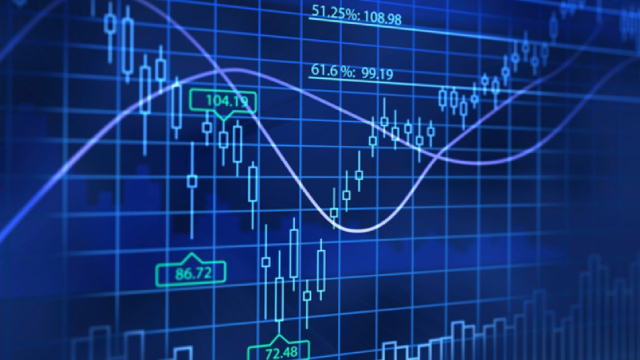
BIL: One Of The Few Remaining Solutions After The Tariff Alarm
Cash is becoming increasingly attractive due to negative equity risk premiums, widening credit spreads, making highly liquid instruments appealing. BIL ETF, with a 0.13% expense ratio and 4.31% yield to maturity, offers a stable, cash-like investment with minimal bid/ask spread. T-bills, once overlooked, might be the “lesser evil” in the market due to economic uncertainties, negative S&P 500 ERP, and risks in long-duration bonds.
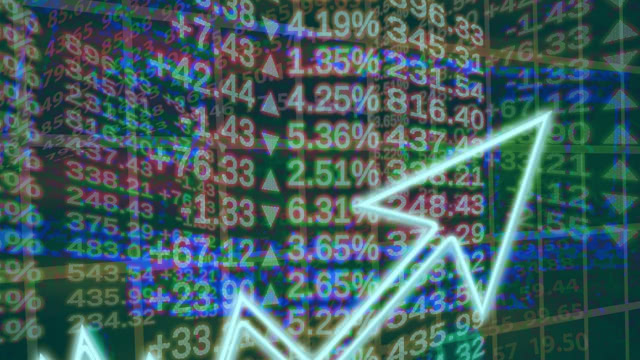
Wall Street Warns Stocks Could Drop Another 10-15%: Here Are Our 2 Safest Investments Now
It is remarkable how Wall Street was bullish just six short weeks ago, and the major indices were printing all-time highs.
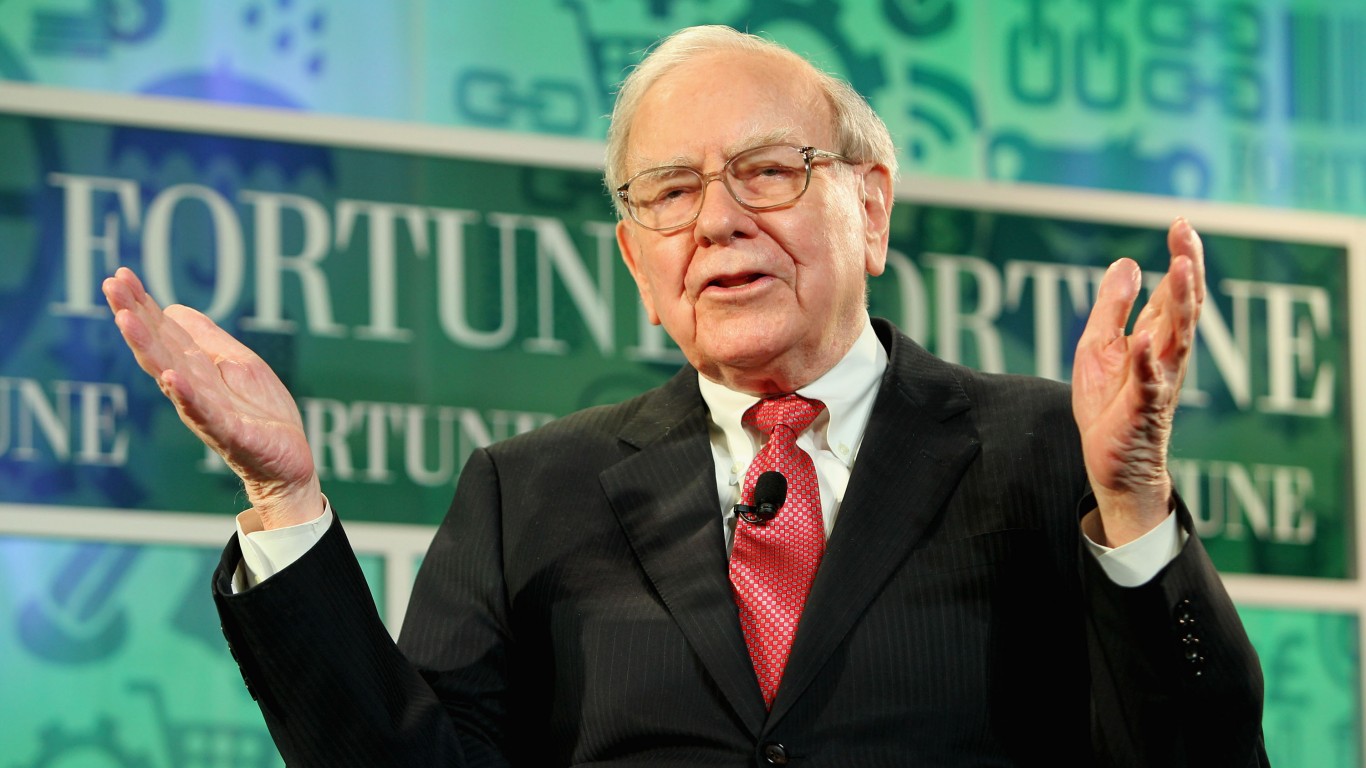
Warren Buffett Stopped Buying Stocks and Went to Cash: Baby Boomers Should Too
If any investor has stood the test of time, it is Warren Buffett, and with good reason. For years, the “Oracle of Omaha” has had a rock-star-like presence in the investing world, and his annual Berkshire Hathaway shareholders meeting draws thousands of loyal fans who are investors. Buffett remains one of the world’s most prominent investors. He is renowned for his long buy-and-hold strategies and massive portfolio of public and private holdings. One thing that changed over is that Buffett was a net seller of stocks for most of 2023 and 2024 and now has a massive stockpile of short-term Treasury bills as he waits for a severe market drop. While Berkshire Hathaway is still heavily invested in stocks, we suspect he is looking for a more significant pullback than the recent correction that took the S&P 500 down 10% from all-time highs in 16 short trading days. 24/7 Wall St. Key Points: Warren Buffett is estimated to have approximately $335 billion in cash and T-bills. Baby boomers with significant gains in IRAs and 401k accounts should take profit and move to cash vehicles. High-yield savings accounts, Treasury bill ETFs, and mutual funds are the perfect idea now. Are your retirement accounts sitting with significant gains that should be taken? Now is the time to meet with a financial advisor near you for a portfolio review. Click here to get started. (Sponsored) The bottom line for baby boomers and retirees who cannot afford a significant market correction or, God forbid, a crash, is that now is the time to move a substantial amount of assets to guaranteed investments. We focus on three ideas that are among the safest now. We purposely avoided certificates of deposit (CDs). While some do pay monthly, the longer-dated CDs offered by many banks will charge a penalty for an early withdrawal of funds. So if you have an emergency and have to get at your money, you may receive less back than you put in. Make sure the terms are clear if you opt to buy one. Here are three ideas for baby boomers and retirees who cannot afford a significant market correction or a crash. Exchange Traded Treasury Bill Funds (ETFs) Unlike open-end mutual funds, ETFs trade on major exchanges like stocks. They own financial assets such as stocks, bonds, currencies, debts, futures contracts, and commodities such as gold bars. One massive advantage ETFs have is that they can be bought or sold anytime the markets are trading. In addition, there is a large market and demand from investors for exchange-traded funds. One of the funds we highly recommend at 24/7 Wall St. is the SPDR Bloomberg 1-3 Month T-Bill ETF (NYSE: BIL). The fund invests substantially all, but at least 80%, of its total assets in the securities comprising the index and in securities that the Adviser determines to have economic characteristics substantially identical to the financial characteristics of the securities comprising the index. The index measures the performance of public obligations of the U.S. Treasury that have a remaining maturity of greater than or equal to 1 month and less than 3 months. The State Street website says this when describing the fund: The SPDR Bloomberg 1-3 Month T-Bill ETF seeks to provide investment results that, before fees and expenses, correspond generally to the price and yield performance of the Bloomberg 1-3 Month U.S. Treasury Bill Index. Seeks to provide exposure to publicly issued U.S. Treasury Bills that have a remaining maturity between 1 and 3 months Short duration fixed income is less exposed to fluctuations in interest rates than longer duration securities. Rebalanced on the last business day of the month The fund currently pays a monthly dividend /interest payment of $0.3828. Investors need to know that the price of the ETF will drop by that amount when the dividend is paid. However, at $91.47 at the time of this writing, that is a tiny amount each month. With a tiny 0.14% expense ratio, and daily liquidity, it is perfect for those who cannot afford a massive loss of principal. High-yield money market funds (HYSA) A high-yield money market fund, or high-yield savings account (HYSA), is an investment that aims to generate income while keeping the principal relatively stable and liquid. It is considered a low-risk investment and can have higher interest rates than savings accounts. Money market funds invest in short-term securities, such as government securities, commercial paper, and corporate debt. They are intended to be safe and not lose value. Best of all, you can withdraw cash from a money market fund without penalties. In addition, they pay interest monthly and the FDIC insures them up to $250,000. Here are the rates from some well-known companies that we recommend: American Express High-Yield Savings: 3.70% PNC Bank High-Yield Savings: 3.95% CIT Bank Platinum Savings: 4.30% on balances of $5,000 and more Open-End Mutual Funds An open-end mutual fund is a type of investment fund that allows investors to buy or sell shares at any time, based on the current net asset value (NAV) of the fund. Essentially, this means new shares are created when investors want to buy in, and shares are redeemed when investors want to sell out. This provides continuous liquidity compared to closed-end funds with fixed entry and exit points. And it makes open-end funds highly accessible for investors to enter and exit as needed. Both closed-end and open-end funds provide efficient investment options. Closed-end funds trade on exchanges throughout the day, while open-end funds are typically redeemed or bought at net asset value once daily. We recommend the BlackRock Liquidity Funds – FedFund (BFCXX), which currently yields 4.25%. The fund maintains a $1 net asset value and can be bought and sold daily. The Blackrock website says this when describing the fund: FedFund invests at least 99.5% of its assets in cash, U.S. Treasury bills, notes, and other obligations issued or guaranteed as principal and interest by the U.S. Government, its agencies, or instrumentalities, and repurchase agreements secured by such obligations or cash. The yield of the Fund is not directly tied to the federal funds rate. The Fund invests in securities maturing in 397 days or less (with certain exceptions), and the portfolio will have a dollar-weighted average maturity of 60 days or less and a dollar-weighted average life of 120 days or less. The Fund may invest in variable and floating rate instruments and transact in securities on a when-issued, delayed delivery or forward commitment basis. The 5 Highest-Yielding Monthly Dividend Stocks Deliver Gigantic Passive Income Streams The post Warren Buffett Stopped Buying Stocks and Went to Cash: Baby Boomers Should Too appeared first on 24/7 Wall St..
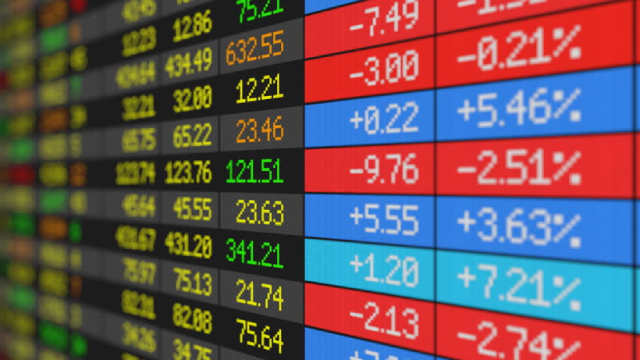
Fixed Income ETF Demand Continues in March
During the first week of March, fixed income ETFs gathered more money than equity products. While not rare, this is a sign of uncertainty in the markets.
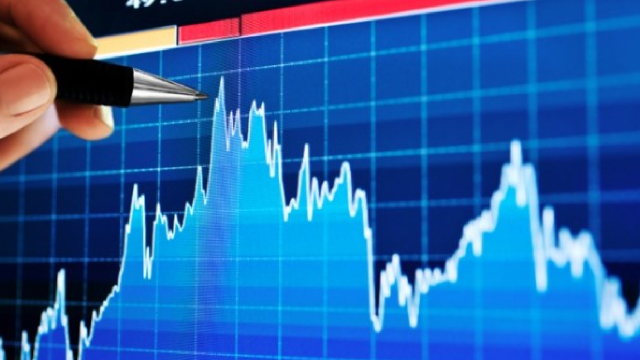
Investors Flock to Cash-Like ETFs Amid Market Turmoil
Heightened volatility raises the appeal for cash-like ETFs. These have attracted more than $16 billion this year.

US Equity Correction Nearing an End? ETFs Likely to Bounce Back
JPMorgan strategists suggest that if US equity ETFs continue attracting inflows, the current market correction may soon be behind us, per Bloomberg, as quoted on Yahoo Finance.

Being Short Has Its ETF Benefits
After a record year for fixed income ETFs in 2024, demand has been even stronger to start 2025. U.S. listed fixed income ETFs pulled in $78 billion in the first two months.

Cash Is King: A Quick Look At 3 Cash ETFs
Federal Reserve rates remain elevated, so cash continues to offer competitive yields. Cash is not created equal, with different cash alternatives providing slightly different results to investors. Some are tax-advantaged too. A quick look at 3 different cash ETFs follows.
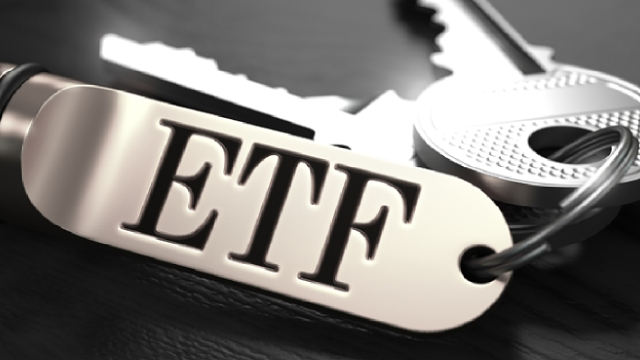
BIL: 2025 Expected Rates Cuts Slashed, Reassessing The Bond Market
The 10-year Treasury yield is nearing critical resistance levels, impacting the performance of the SPDR Bloomberg 1-3 Month T-Bill ETF (BIL) and iShares Core US Aggregate Bond ETF (AGG). I maintain a hold rating on BIL, seeing it as a viable cash alternative with yields likely to remain in the low-mid-4% range through year-end. BIL offers liquidity and low expense ratios, but investors should consider yield-to-maturity and potential tax benefits of alternatives like the Alpha Architect 1-3 Month Box ETF (BOXX).
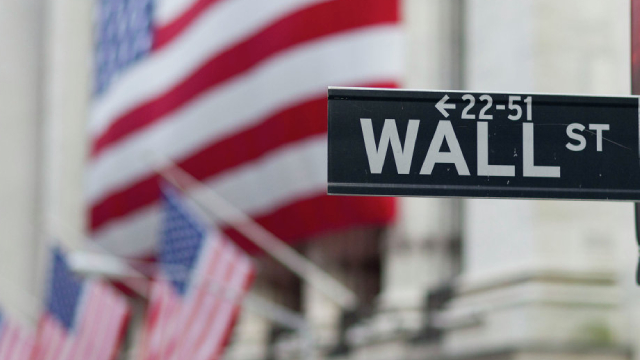
BIL: With Interest Rates Declining, Consider Pairing Back Cash And T-Bills
T-bills have been outperforming due to Fed rate hikes but will likely underperform as rates decline, making them less attractive than most bonds. Investors overweight cash should consider pairing back their exposure. ETFs focusing on short-term, high-quality securities maintain some benefits of t-bills, and should outperform in the coming months and years.
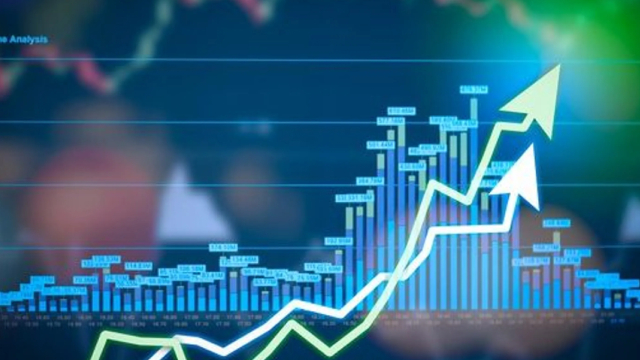
Stashing Cash: BIL Has Competition Amid Fed Cuts (Rating Downgrade)
I have a hold rating on BIL due to balanced risks with richly priced US large-cap stocks and short-term Treasury bills yielding above 3.5%. BIL offers exposure to short-duration Treasury bills, providing a cash-like return with low volatility and essentially zero default risk. BOXX ETF is a viable alternative to BIL for those with significant cash holdings in taxable accounts, offering tax advantages and similar returns.
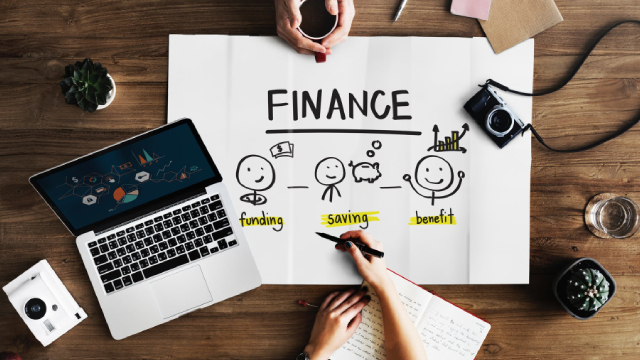
Breakeven Federal Reserve Cuts For Short-Term And Variable Rate ETFs
Federal Reserve cuts will lead to lower dividend yields on ultra short-term and variable rate investments. Most of these trade with healthy spreads to comparable fixed-rate bonds. Breakevens vary though, with some variable rate investments likely to offer above-average yields for years to come, others not so much.







